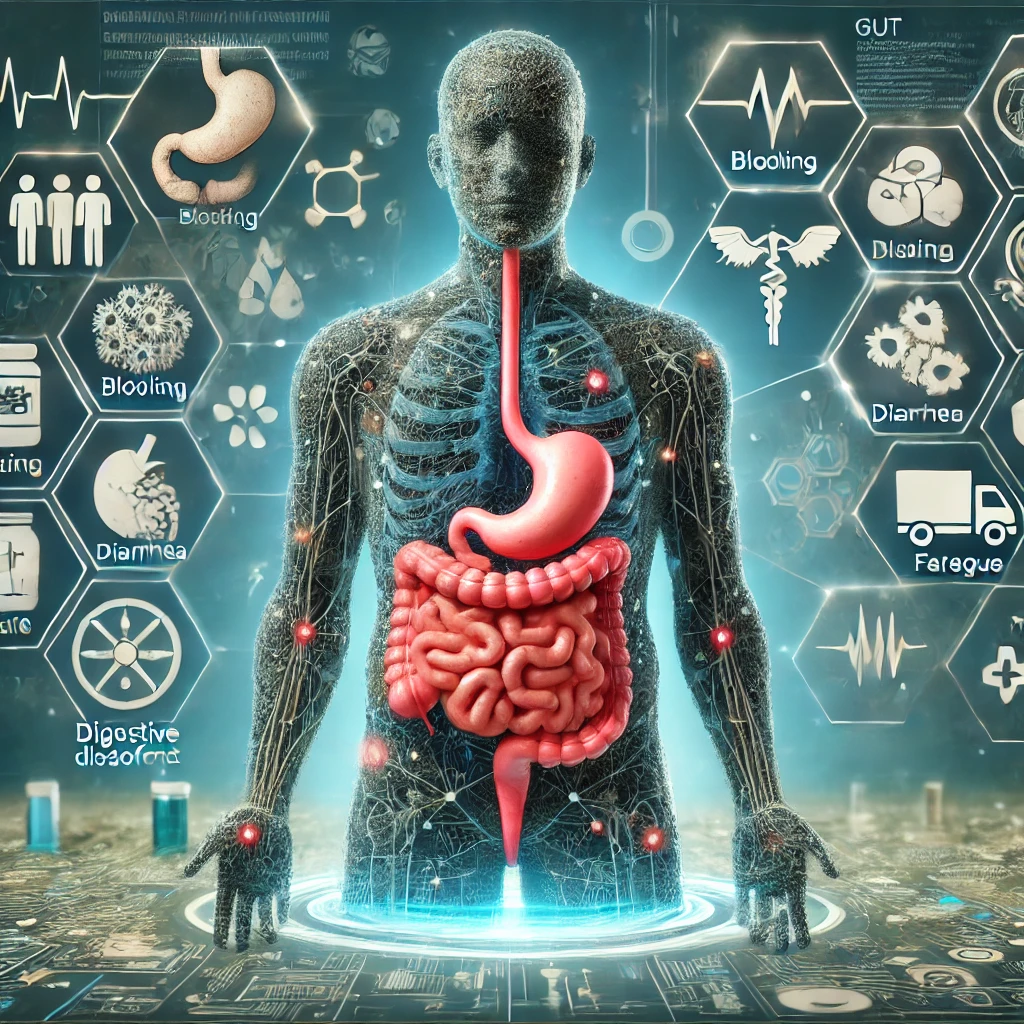What Is Gut Imbalance and its signs and symptoms?
Article Source: Wiley Online Library

Why you should care
Dysbiosis is a disturbance in the balance of bacteria in the gut, which can lead to several health problems ranging from digestive issues to chronic inflammation. With the gut linked to both our immune system and mental well-being, dysbiosis may contribute to disorders like irritable bowel syndrome (IBS), allergies, and even anxiety or depression.
Answering the question… What Is Gut Imbalance and its signs and symptoms?
Dysbiosis occurs when the healthy balance of good and bad bacteria in the gut is disrupted. This can manifest as symptoms like bloating, diarrhea, fatigue, or skin issues, and it may lead to long-term conditions if left unchecked. Dysbiosis also plays a significant role in immune function, as about 70% of the immune system is housed in the gut. An imbalance can result in not only physical but also mental health issues.
How was the study done?
This study analyzed microbiota samples from humans, looking at the diversity and abundance of bacteria in both healthy individuals and those with gut-related disorders. Researchers used sequencing technologies to identify specific strains and linked them to clinical outcomes in patients showing signs of dysbiosis. The data were collected from lab experiments, patient samples, and clinical studies over several months.
What was discovered?
- Reduced Bacterial Diversity: The study revealed that patients with dysbiosis experienced a 45% decrease in gut microbial diversity compared to healthy individuals. A reduction in diversity weakens the gut’s ability to regulate digestion and immune responses.
- Increase in Harmful Bacteria: An overgrowth of harmful bacteria like Clostridium difficile was observed in about 65% of patients, leading to severe symptoms such as inflammation and diarrhea.
- Impact on Immunity: Individuals with dysbiosis had elevated inflammatory markers, with 30-40% showing signs of systemic inflammation, contributing to conditions like IBS and autoimmune diseases.
- Link to Mental Health: Dysbiosis was strongly associated with psychological conditions. Over 50% of patients suffering from gut imbalances reported mood disorders, particularly anxiety and depression, suggesting a link between gut health and brain function.
- Metabolic Effects: The study highlighted that 40% of participants with dysbiosis experienced disrupted metabolic processes, such as poor nutrient absorption and altered energy levels, which contributed to symptoms of fatigue and weight changes.
Why does it matter?
The findings underscore the importance of a balanced gut microbiome for overall health. Dysbiosis can affect the digestive, immune, and even mental health systems, leading to long-term health consequences. Recognizing early signs of gut imbalance and managing it through dietary changes, probiotics, and other interventions could significantly improve quality of life for millions. This research helps pave the way for better treatments targeting the gut microbiome.
For more detailed information, you can read the full article here.
